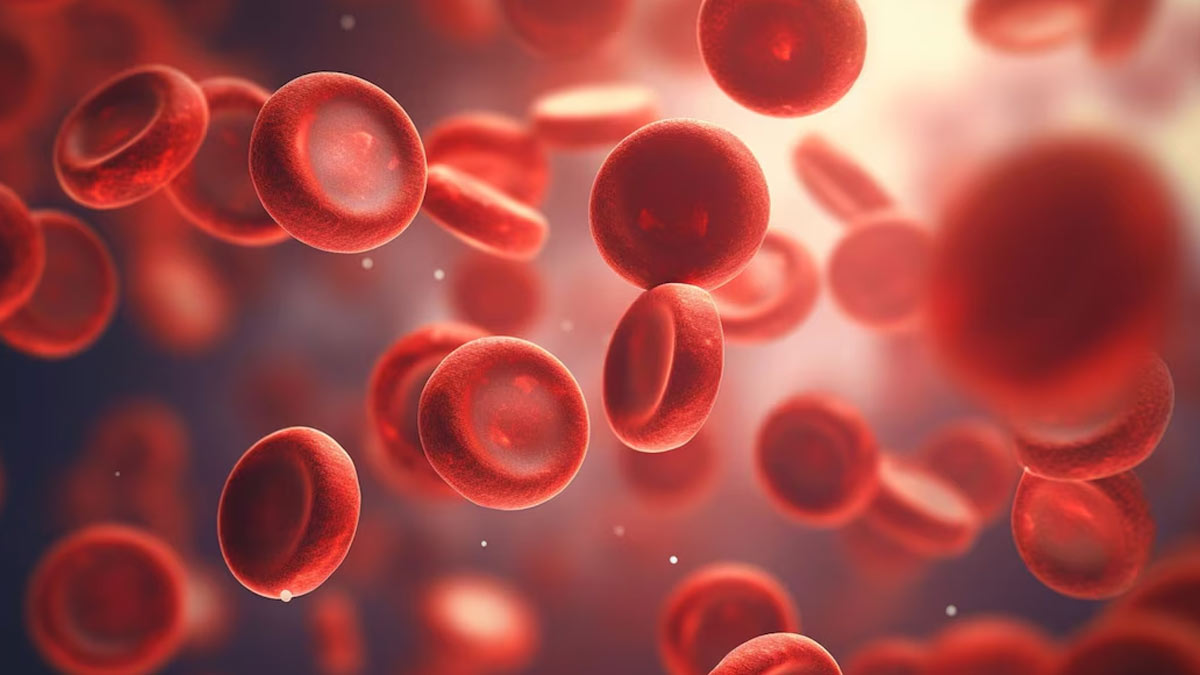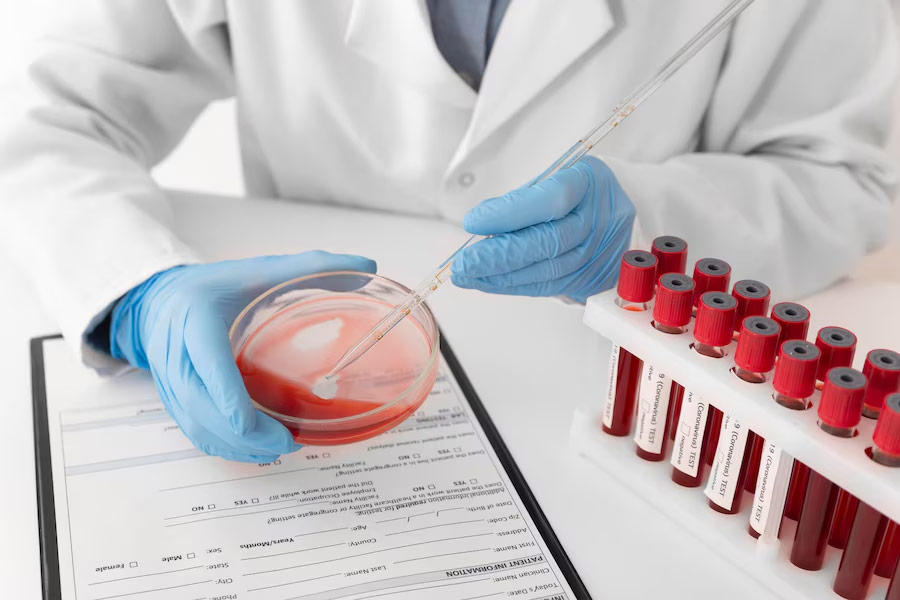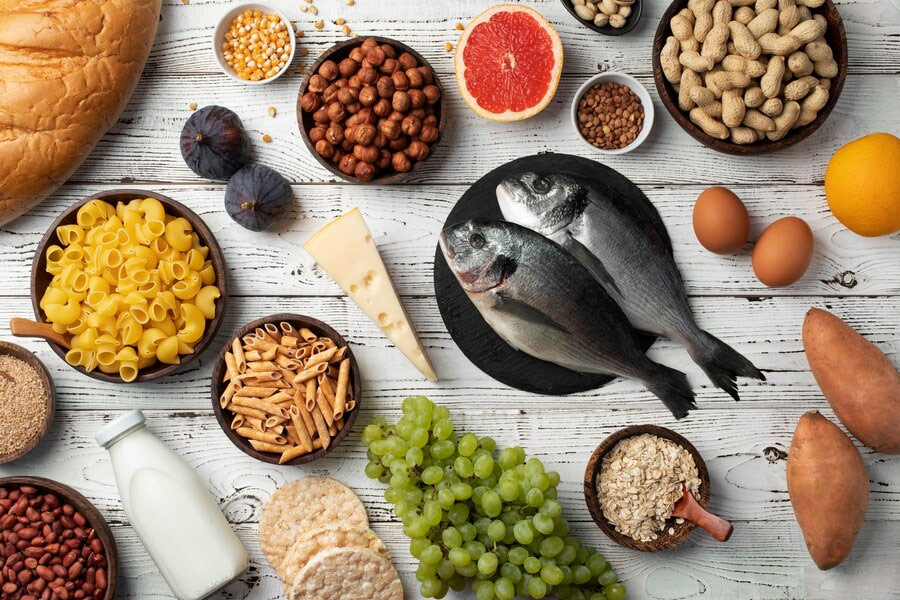
Iron is an essential mineral that not only helps make haemoglobin, a protein in Red Blood Cells (RBCs) that carries oxygen from the lungs to all parts of the body, but also myoglobin, which provides oxygen to the muscles.
Table of Content:-
Emphasising the importance of iron, Dr M Rajini, Consultant Gynaecologist, CARE Hospitals, Banjara Hills, Hyderabad, shares that sufficient levels also help convert food into energy, boost the immune system, support brain functions, and build strong muscles. Therefore, inadequate iron levels in the body can hinder different functions in the body and increase the risk of various complications, including a condition called anaemia. To prevent that from happening, here's what you should know about how much iron you need in a day.
Also Read: The Role Of Iron And Vitamin B12 In Preventing Anaemia: How To Increase The Two Nutrient Levels
Risk Of Anaemia In Women And Men

Anaemia is a serious health problem around the world. It is most common in young children, menstruating adolescent girls and women, and pregnant and postpartum women, according to the World Health Organization (WHO).
As per WHO estimates, 40% of children 6–59 months of age, 37% of pregnant women, and 30% of women 15–49 years of age worldwide are anaemic.
Dr Rajini adds that blood loss during delivery or childbirth can also reduce iron levels in women, making them more susceptible to anaemia.
While children and women are most at risk of developing the condition, men too can be at risk, as per the expert. She says, “Men can also get anaemia, although it is less common than in women. Causes include poor diet, chronic diseases, and gastrointestinal bleeding.”
How Much Iron Is Necessary For Healthy Bodily Functions?

To ensure healthy bodily functions and prevent iron-deficiency-related complications like anaemia, Dr Rajini shares the recommended daily iron intake, which varies by age, gender, and life stage:
- Women (19-50 years): 18 mg/day
- Pregnant women: 27 mg/day
- Women (51+ years): 8 mg/day
- Men (19+ years): 8 mg/day
According to the National Institutes of Health (NIH) Office of Dietary Supplements, vegetarians who do not consume meat, poultry, or seafood need almost twice as much iron as recommended for non-vegetarians because the body doesn’t absorb nonheme iron in plant foods as well as heme iron in animal foods.
Also Read: Prevalence and Impact of Iron Deficiency Anaemia in Women
Iron-Rich Food Sources

Some of the foods that can help increase your iron intake include:
- Red meat, such as beef, lamb, and pork.
- Poultry, such as chicken and turkey.
- Fish such as salmon, tuna, and sardines.
- Legumes such as lentils, chickpeas, and beans.
- Leafy greens such as spinach, kale, and Swiss chard.
- Nuts and seeds such as pumpkin seeds, cashews, and almonds.
- Fortified foods such as breakfast cereals and bread.
- Dried fruits such as apricots, raisins, and prunes.
Dr. Rajini shares that combining these foods with vitamin C-rich foods like citrus fruits, tomatoes, and bell peppers can enhance iron absorption, which is also crucial for preventing anaemia.
Conclusion
Anaemia is a common health problem that is most prevalent among women and young children. It occurs when you do not have adequate amounts of iron in your diet or suffer from inadequate absorption of nutrients. The key is to include more iron-rich foods in your meal. This includes meat, poultry, legumes, nuts, seeds, and fortified cereals. Since vegetarians do not consume meat or eggs, which are some of the highest sources of iron, they need to be extra cautious. Consult with a doctor or a healthcare professional about how you can increase your iron intake.
Also watch this video
How we keep this article up to date:
We work with experts and keep a close eye on the latest in health and wellness. Whenever there is a new research or helpful information, we update our articles with accurate and useful advice.
Current Version